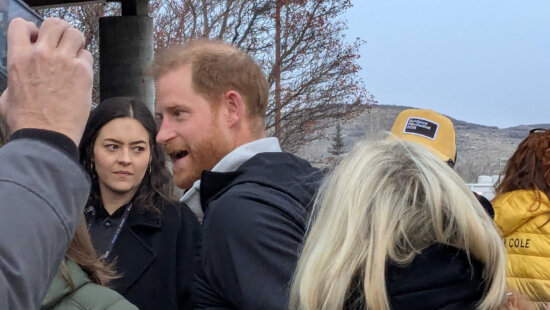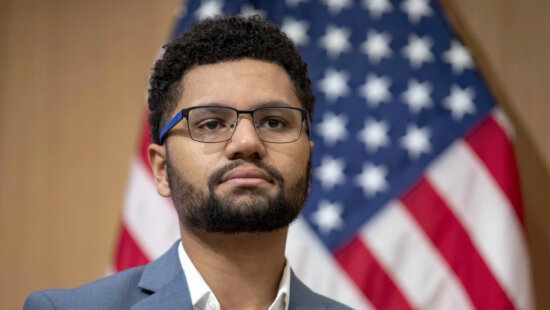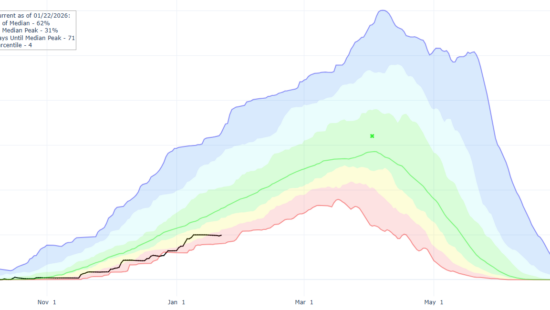Top Stories
Utah family races against time to find bone marrow donor for 3-year-old with rare brain disease
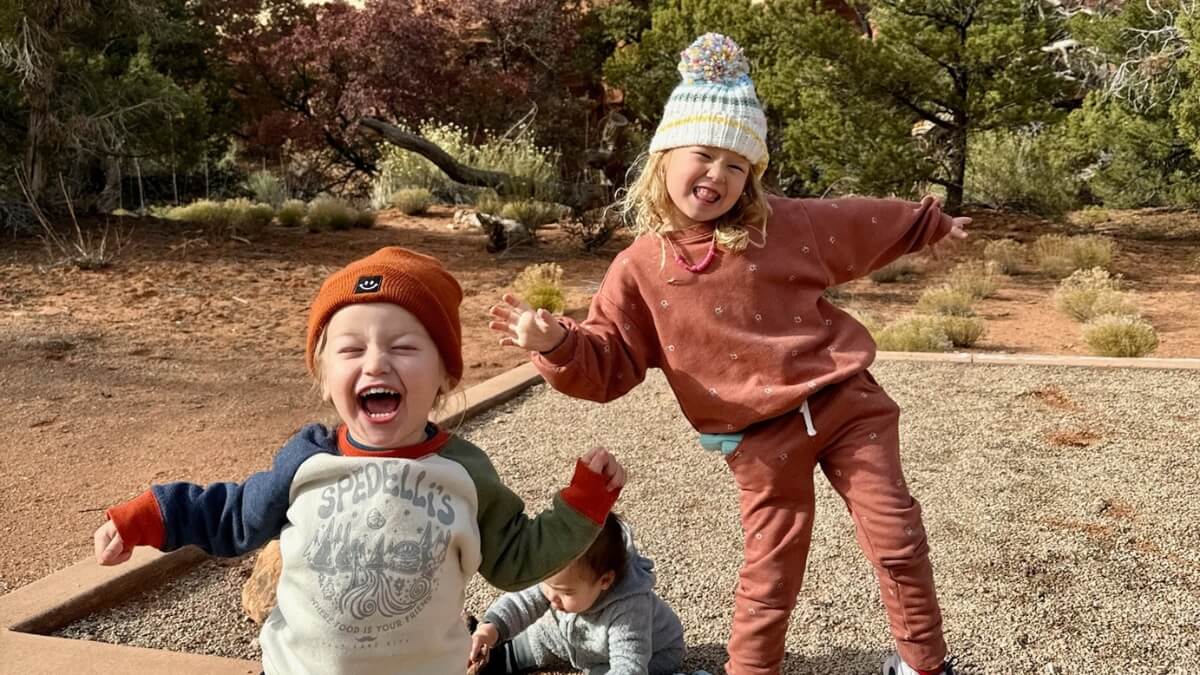
Kiri and his sister Nora. Photo: Brianne Middleton
Family has until September 8 to find match for son diagnosed with fatal cerebral ALD
HOLLADAY, Utah — With just weeks remaining before a critical treatment deadline, a Utah family is desperately seeking a bone marrow donor for their 3-year-old son who has been diagnosed with a rare and fatal brain disease.
Kiri Duke-Rosati was diagnosed with cerebral adrenoleukodystrophy (ALD) — the same devastating condition depicted in the 1992 film “Lorenzo’s Oil” — after routine MRI testing on July 23 revealed the disease had progressed to its most severe form.
His family now has until Sept. 8 (with test kits mailed by August 14) to find a donor match and begin treatment, or the toddler could start losing critical brain functions within months.
“The doctors are pushing for him to start his treatment by September 8, because the changes once they do start are physical, and it’ll happen quick, and then once they do happen, there’s no reversing,” said Brianne Middleton, Kiri’s aunt who works at Good Movement Studio in Park City.
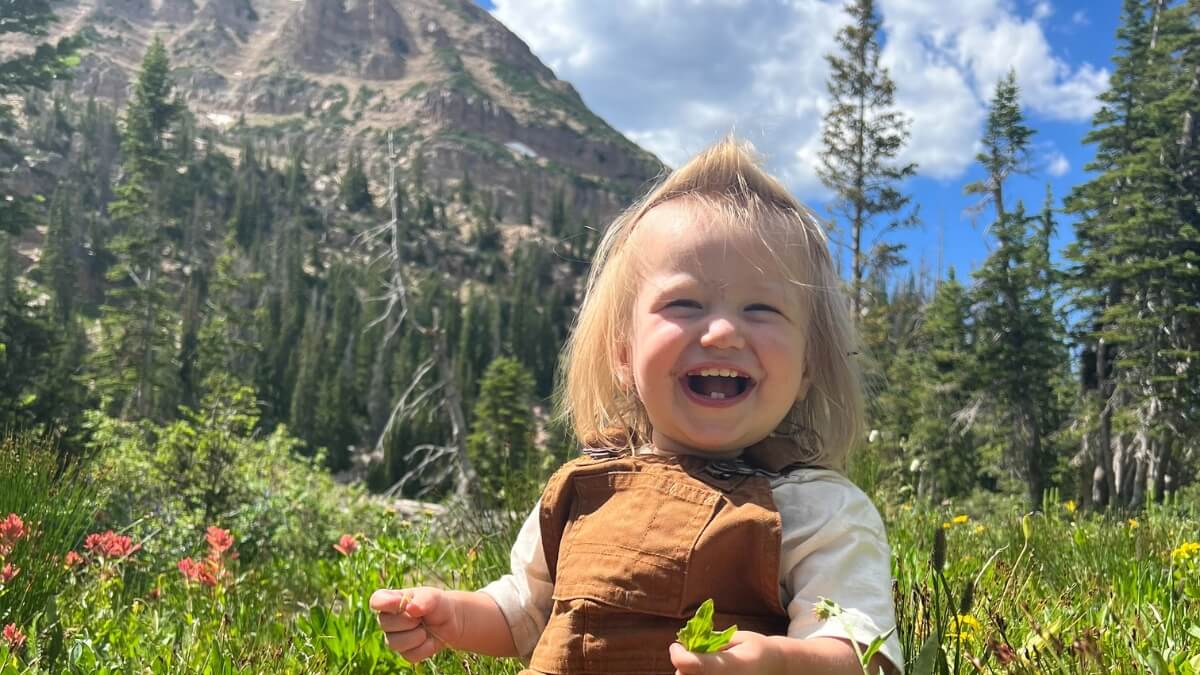
A Race Against Time
Cerebral ALD is an aggressive brain disease that attacks healthy children, beginning by silently destroying the brain and stealing speech, movement and vision until the body shuts down completely. Without a donor match transplant, the disease is fatal, with a life expectancy of just 2 to 4 years.
Kiri was initially diagnosed with ALD through newborn screening when he was born on March 23, 2022. Utah had just added ALD testing to its newborn screening program months before his birth.
“Our family was very, very lucky to find out. They didn’t know that this genetic disease was in their family until he was tested for it and came back positive,” Middleton said.
The family had been conducting preventive MRI scans every six months since Kiri’s birth, hoping the disease would remain dormant.
“We were not expecting it to be this soon. Usually with ALD, it starts to progress a little bit later,” Middleton said.
View this post on Instagram
Silent but Deadly
Despite his diagnosis, Kiri currently shows no symptoms of the disease.
“He’s not showing any symptoms currently, which is why the doctors are pushing for him to start his treatment by September 8,” Middleton explained.
ALD occurs in about 1 in 21,000 boys between ages 4 and 10, affecting approximately 35 to 40 percent of boys with the ABCD1 gene mutation. The cerebral form is even rarer, occurring in only about 1 in 63,000 boys in that age range.
Kiri’s parents are Anthony Duke-Rosati, a West Valley City firefighter, and Jazmynn Pok. He has an older sister, Nora, and a younger brother, Rocco.

Treatment Options and Costs
A bone marrow transplant offers the best hope Kiri.
“The bone marrow donation will not cure him of the disease. There’s no cure, but it will halt the progression,” Middleton said.
The alternative treatment — gene therapy — is financially out of reach for most families.
If they cannot find a bone marrow match in time, “Kiri would have to do gene therapy, which would literally cost them millions of dollars. So they’re hoping as that plan B option, it doesn’t happen,” Middleton said.
Community Response
The family’s story has gained attention from local media outlets bringing community support that has been a source of comforted.
“It’s such a surprise, and it’s so nice to feel that type of support — and know that people do care. Because this is one of those moments that just makes you feel kind of helpless,” Middleton said.
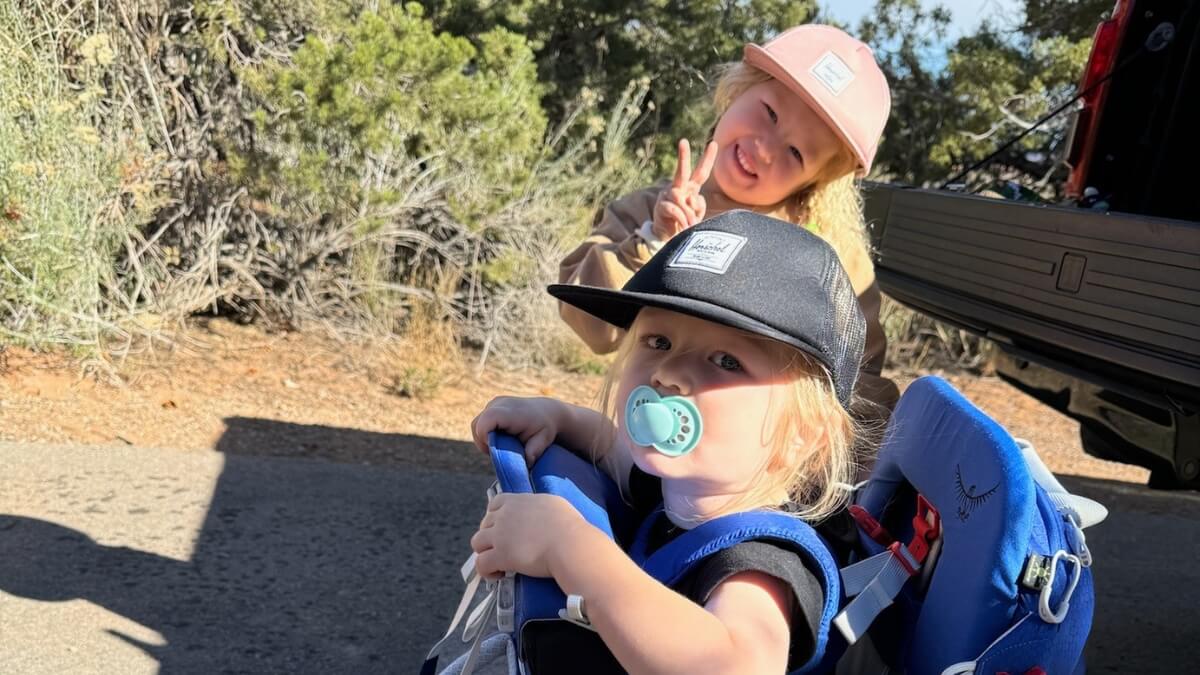
How to Help
The National Marrow Donor Program is coordinating the search for a donor match. Potential donors must be between 18 and 40 years old and without pre-existing conditions that would disqualify them.
Test kits are available at multiple locations throughout the Salt Lake area, including:
– Realty One Group Signature (Midvale): 7650 S Union Park Ave, Midvale, UT 84047 (Monday-Friday, 9 a.m.-5 p.m.)
– Crema Coffee & Soda (Salt Lake City): 2112 E 1300th S, Salt Lake City, UT 84108 (Monday-Saturday, 7 a.m.-7 p.m.; Sunday, 7 a.m.-5 p.m.)
– Water & Wellness (Millcreek): 3673 South 900 East, Millcreek, UT 84106 (Monday-Thursday, 9 a.m.-7 p.m.; Friday-Saturday, 9 a.m.-6 p.m.)
The testing process involves a simple cheek swab, with all shipping costs covered for returning the sample.
“It’s a super quick, easy swab, and they just can basically package it back up and send it,” Middleton said.
Potential donors can also register online through the National Marrow Donor Program website to have kits mailed directly to them. The family is hoping to have all tests returned by Aug. 14.
The demand for test kits has been overwhelming, Middleton said. “We’ve been sent around 800 kits, but then all of a sudden, they get accounted for and they’re gone.”
The Stakes
Without a successful match and transplant, Kiri faces a grim prognosis. However, bone marrow transplants for genetic diseases like ALD have success rates between 80 and 95 percent when performed before symptoms develop.
About 70 percent of patients in need do not have a matched donor within their family and must rely on unrelated donor registries.
The family continues to hold hope as the community rallies around their cause.
“I kind of feel like we’re all in go mode. I don’t think it’s really hitting anybody quite yet about the severity of what this really means,” Middleton said.
For more information about becoming a donor or to follow Kiri’s journey, visit the Hope for Kiri website or Instagram.
*For additional locations or large group testing arrangements, contact 801-633-1990. Updated location information and kit availability can be found at the National Marrow Donor Program website.*
View this post on Instagram
















